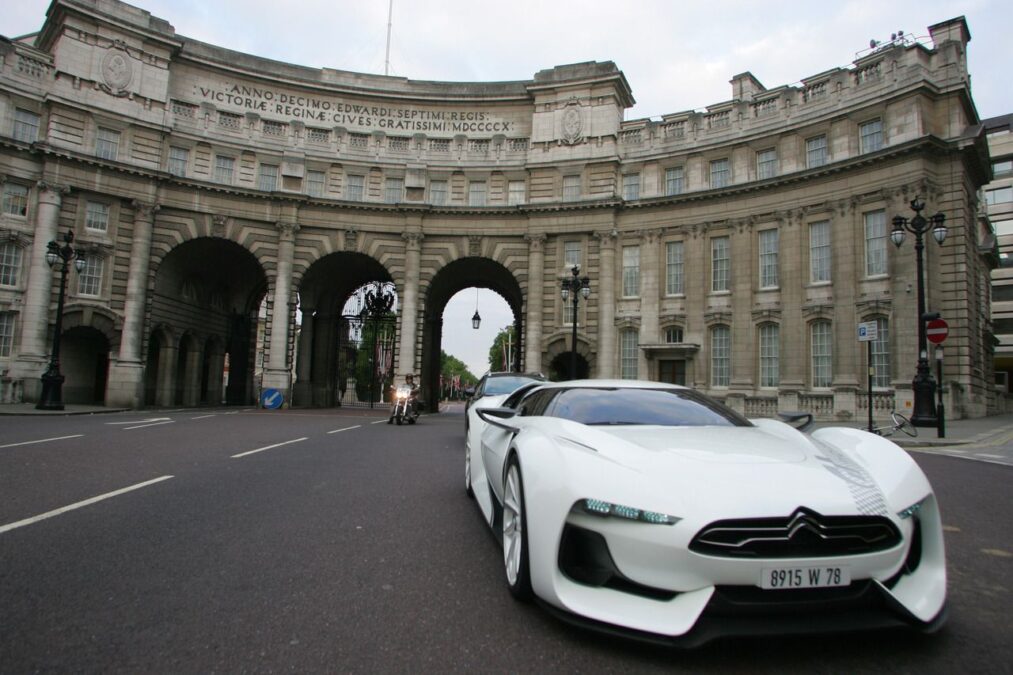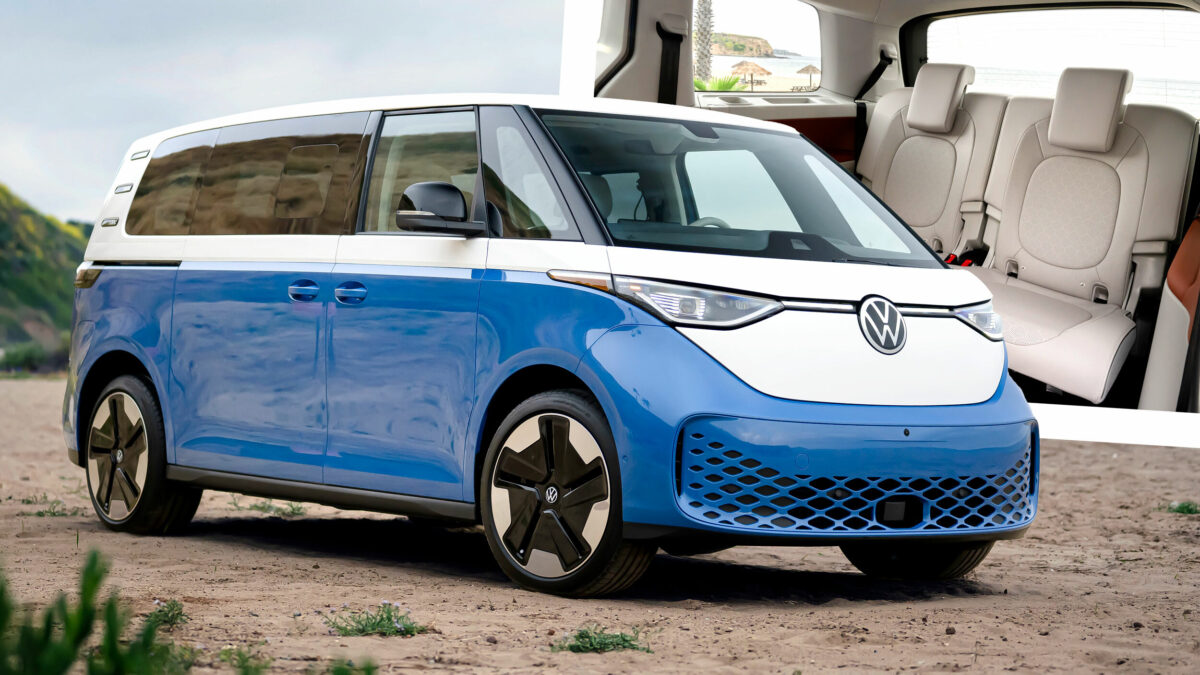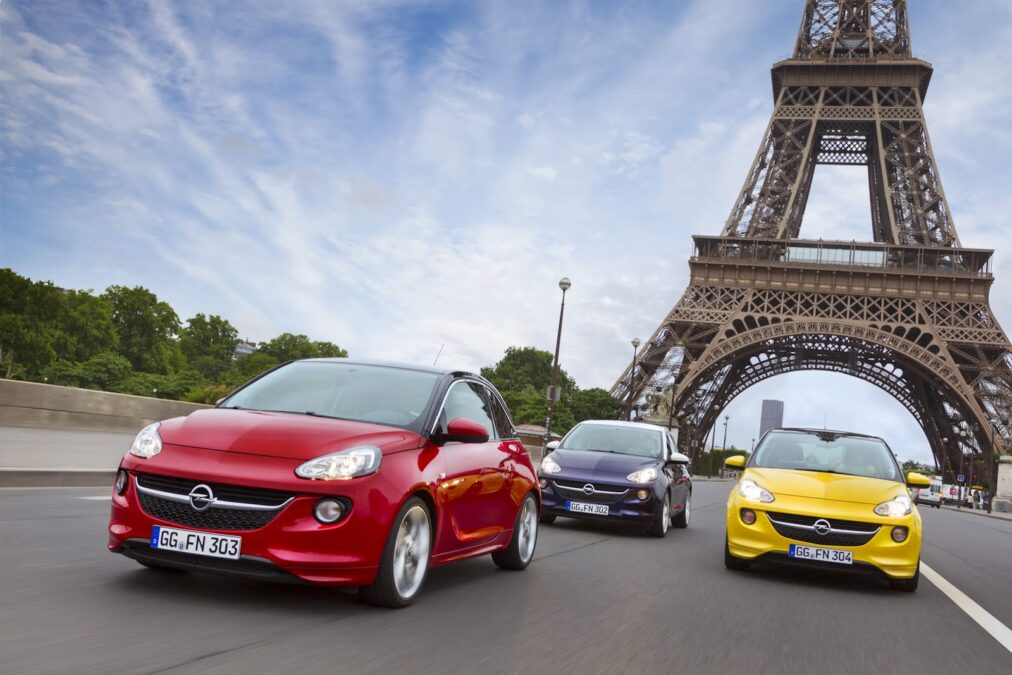In the past decade or so, living without a car has emerged as an important trend everywhere in the world. More importantly, this is now a significant and popular movement in highly populated urban areas. However, things have been much tougher in adapting to such a lifestyle in France. Why? While environmental awareness is on the increase, and public transportation has become more accessible in most French cities, cultural, economic, as well as practical, reasons appear to be hampering a widespread propensity towards this way of life. Let’s examine closer why it still is such a hard choice for people to live without a car in France.
Increasing global mainstreaming of car-free living
In most countries, more people are giving up car ownership and opting for bicycle or walk or use public transportation. Cities like Amsterdam and Copenhagen have led this charge, building infrastructures to facilitate car-free ways of living. Why hasn’t France done likewise? After all, large cities like Paris have made progress but France continues to lag as a whole.
Urban vs Rural: The French Divide on Transportation
One of the toughest challenges to survive life without a car in France is undoubtedly the divide between urban and rural regions. Big cities like Paris, Lyon, and Marseille boast complete public transportation systems featuring passenger trains, buses, and trams, and navigating the cities using public transport becomes less of an ordeal, while in the rest of the country.
Outside of these cities, and especially in the countryside, things are quite different. It is well known for pretty landscapes and its quaint villages; and, far from being characterized by sophisticated levels of infrastructure, such as public transport, it does not always boast of such.
Public Transportation in France: Is It Enough?
Public transport in France is one of the best developed systems in Europe but very far from being perfect. In Paris and other cities, the metro and bus system seems to be quite well-developed; however, in small cities or rural areas, public transport is extremely scarce and usually unreliable. Trains are in many cases very rarely running, and buses almost never seem to run during weekends. That makes it quite hard for people staying in less populated areas to even think about renouncing their cars.
Moreover, in rural areas, the time and energy conserved with a car may outweigh the green and financial benefits of being car-free.
Cultural Attachment to Cars in France

It’s not just practicality that ties the French to their cars—there is a strong cultural one too. For the French, cars have been symbolic of independence and freedom. Such sentiment dates back to the post-war period when car ownership mushroomed and possession of a car became a status symbol of sorts among many French families.
Even nowadays, most of these automobile owners regard their car as something that pertains to themselves; one simply cannot give up such convenience and comfort for something else. Thus, this cultural attachment makes it even tougher to let people go over to the car-free lifestyle, especially in areas where alternative public transportation is not available.
Economic and Social Factors
In addition to cultural reasons, economic and social factors are also at play. For many people, the cost of living in urban areas where public transportation may be viable is much steeper than in rural settings. People residing in affordable suburban or rural communities are more apt to use cars to get to work, shop, and socialize.
Moreover, for many types of jobs, like trades and services, a car is needed for work purposes. In this case, some demographics would nearly find it impossible to give up car ownership altogether.
Sustainability in France: Is It Possible to Car-Free?
The need to take care of the environment is being asked globally, and France is not behind in this aspect. Environment friendly promises have been proposed by the country to reduce its carbon footprint, including reducing the usage of cars. Could France transition to a carless society given the existing infrastructure and societal dynamics that have defined it?
The environmental advantages of decreasing dependency on cars are quite apparent. Least numbers of cars consume lesser air polluting materials, consume less carbon, and create much reduced noise pollution. The process, however is not an easy one. A significant chunk of the public would welcome car-free living only if there is a more comprehensive public transportation system and better infrastructure built for cycling and pedestrians.
Urban Planning: An Enabler of the Car-Free Lifestyle
Urban planning is indeed the base of a life without cars. Of course, it is ambitious but doable as shown by cities such as Paris in France that make strides through increasing the pedestrian zones, expanding bike lanes, and restricting access to certain zones for car use. Still, these attempts are very nascent compared to cities such as Amsterdam or Copenhagen, which have planned for ages with people on two- as well as four-wheeled vehicles.
Only then can French cities actually still subsidize a car-free way of living through better much more urban planning that puts people before automobiles.
Political and Governmental Barriers
The French government has already promulgated a series of policies on restraining the use of cars, such as subsidies of electric cars and promotion of carpooling. However, the policy set is not sufficient to change the entire population to car-free living. Another challenge the polices face is political resistance, more so for those policies that enforce the adoption of car-free living, like for rural people who rely more on cars for everyday activities.
It would not be easy at all to change the mind-set of an average French person without strong government initiatives on improving public transport and promoting car-free alternatives.
The Future of Transportation in France
This makes the future of France’s transport seem to be at a crossroad. Gradually, the government seems to be in favor of advancing alternative transport mechanisms. However, much more has to be done. Electric cars, shared mobility options, and enhanced public transport systems would make a massive difference in reducing car dependency in France, but without this integrated, nationwide push, that may be a long-drawn affair.
Conclusion
It is going to be a very challenging proposition, living without a car, a proposition deeply, thoroughly woven into France’s cultural, economic, and infrastructural context. Urban areas might be better positioned to lead the way toward such an idea, but rural regions are much more daunting. The French penchant for cars, buttressed by realistic transportation challenges, means that, at least for now, France cannot be said to be ready to move forward with car-free living on the macro level. Perhaps, with this, a changing shift may continue toward this side in the near future if proper urban planning, governmental policies, and cultural changes are made.



















